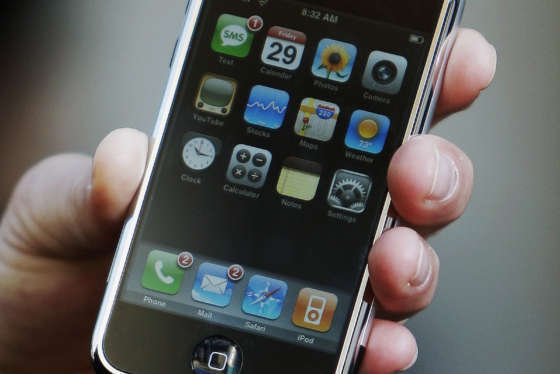WASHINGTON — Qualcomm’s request to block Apple iPhone and iPad shipments into the U.S. has probably raised some concern among gadget heads.
But is this something that consumers should really be worried about?
Not at the moment, said Matt Heimer of Fortune magazine.
“If you’ve been really excited about the 10th-anniversary iPhone — sometimes known as ‘the iPhone 8’ — this lawsuit involving Qualcomm and Apple is not going to be a problem,” Heimer told WTOP’s Dimitri Sotis. “Those phones are going to come out on schedule.
“But there’s a chance — albeit a slim one — that by, say, this time next year or Christmas of 2018, iPhone and iPad deliveries could really be disrupted.”
Qualcomm announced Thursday that it would request the ban with the U.S. International Trade Commission, which can block product shipments if they violate intellectual property rights.
The conflict between Qualcomm (which manufactures iPhone parts) and the tech giant centers on how much Apple should be paying to use technology similar to Qualcomm’s. And this conflict illustrates a philosophical debate affecting the entire tech industry, Heimer said.
“Every smartphone or tablet is this incredibly complicated piece of machinery,” he said. “And the people who make the insides, the guts of it — of which Qualcomm is a good example — really feel like they ought to be getting more credit for the functionality and the popularity of these smartphones.”
In other words, should the builder who assembled a gadget get the lion’s share of the profit? It’s not called the “qPhone,” after all, but Qualcomm did play a role in the iPhone’s success.
While Qualcomm bases its royalties over the phone’s whole value, Apple has argued that royalties should be based roughly on what the phone’s parts cost.
“And of course, those two numbers are very far part, and that’s why they can’t agree,” Heimer said.







